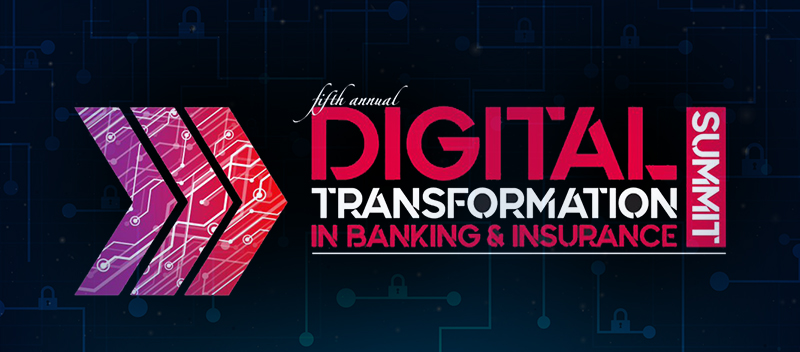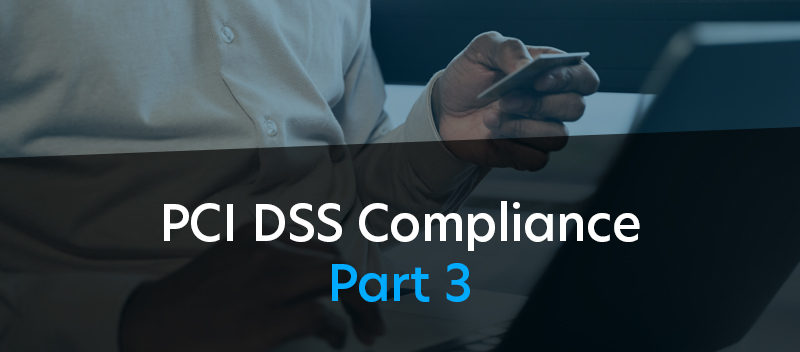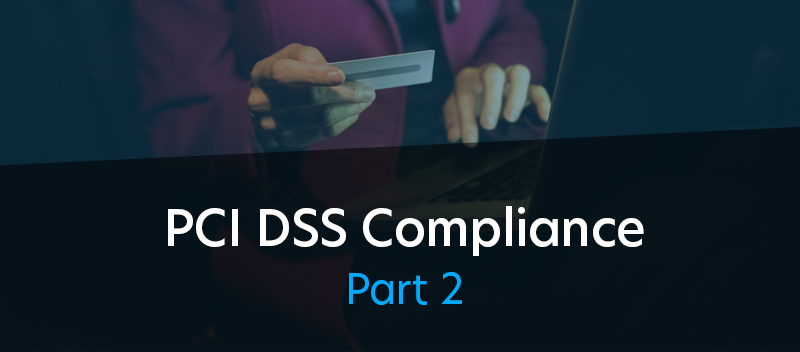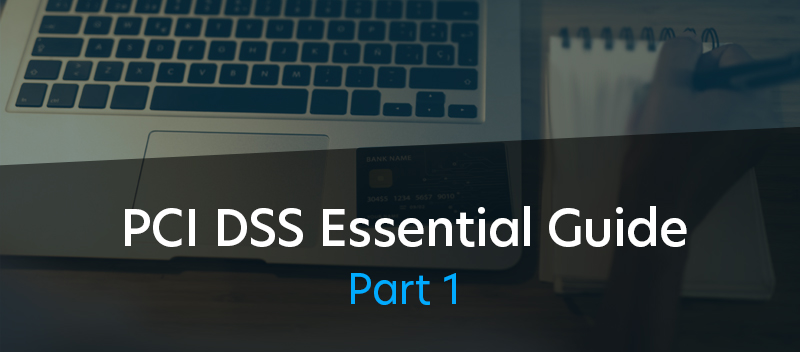Blog Banking On Security: Digital Transformation In Banking & Insurance Summit
Banking On Security: Digital Transformation In Banking & Insurance Summit

The inaugural Digital Transformation in Banking & Insurance (SEA) Summit is a beacon of insight in an era of digital transformation rapidly reshaping industries. This trailblazing event is an essential platform for thought-provoking discussions and presentations from leading financial institutions and innovative FinTechs.
The role of financial technology, or FinTech, in our daily activities continues to evolve rapidly. Since the advent of the Internet, FinTech has grown exponentially and become an integral part of individual and corporate financial transactions. FinTech transforms how we interact with financial services, from digital payments to investment management. Furthermore, financial institutions are embracing FinTech to improve customer experiences and strengthen processes.
TrustNet, a cybersecurity and compliance solutions leader, acknowledges the sector’s complexity and numerous challenges. These include privacy and data protection, fraud prevention and detection, and corporate governance. Our focus on building trusted relationships aligns with the industry’s need for effective IT risk management to ensure robust governance and compliance processes.
FinTech and Cybersecurity in the Era of Artificial Intelligence and More
The relationship between FinTech and cybersecurity is a complex and dynamic one. With the increasing implementation of FinTech interfaces with banks, financial service providers, and fintech firms, the risk of cybersecurity breaches has escalated as data elements pass through these interfaces. Cybersecurity in FinTech is vital to protect financial assets and maintain compliance standards and customer trust.
A key challenge in this space is the development of robust security policies, which include setting clear goals, implementing security frameworks, and defining security processes. Cybersecurity threats can range from fraudulent transactions and identity theft to hacking, ransomware, insider threats, and phishing.
Incorporating technologies such as AI, machine learning, robotic process automation (RPA), data analytics, cloud, and data transformation into FinTech has further complicated the cybersecurity landscape. The multidimensional relationship between AI and cybersecurity has massive implications for the banking ecosystem. For instance, while AI can enhance security measures and fraud detection, it can also be exploited by malicious actors to carry out sophisticated cyberattacks.
Therefore, as FinTech continues to evolve and integrate more advanced technologies, robust and proactive cybersecurity measures become even more critical.
Navigating Compliance in FinTech
Compliance measures are crucial in the FinTech industry to mitigate cybersecurity threats, data breaches, and regulatory penalties. These measures can include a range of standards and regulations.
Moreover, when collaborating with a FinTech company, business partners should look for more certificates demonstrating the company’s commitment to security, compliance, and industry best practices.
- PCI DSS: The Payment Card Industry Data Security Standard ensures that all companies that accept, process, store, or transmit credit card information maintain a secure environment. This is particularly relevant for FinTech companies dealing with payment processing and card transactions.
- SOC: System and Organization Controls help measure the control of financial information in a service organization. They are beneficial for FinTech companies as they assure the systems that affect customers’ financial reporting.
- SOX: The Sarbanes-Oxley Act (SOX) applies to publicly traded organizations regulated by the Securities and Exchange Commission (SEC). The act mandates the implementation of internal controls to ensure accurate financial disclosure. Additionally, it requires companies to document and test their internal controls over financial reporting.
- ISO: The International Organization for Standardization (ISO) provides various standards relevant to FinTech, such as ISO 27001 for information security management systems.
- CCPA: The California Consumer Privacy Act enhances privacy rights and consumer protection for California, United States residents. Since many FinTech companies deal with vast amounts of personal data, compliance with such privacy laws is vital.
- FedRAMP: The Federal Risk and Authorization Management Program (FedRAMP) is crucial in the FinTech sector. It provides a standardized framework for cloud service security assessments, authorizations, and continuous monitoring.
- Data privacy and breach notification laws implemented in almost all fifty U.S. states and the European Union.
However, it’s important to note that these are just some compliance measures FinTech companies may need to consider. Regulations can vary greatly depending on the specific services the company provides and the jurisdictions in which it operates.
Click Here to learn more about TrustNet’s cybersecurity and compliance services
Conclusion
The connection between FinTech and cybersecurity is intricate and diverse. With the integration of cutting-edge technologies, FinTech companies confront a growing range of cybersecurity challenges.
To counter these risks, strict adherence to compliance measures is crucial. Teaming with experts like TrustNet strengthens FinTech cybersecurity, fortifying defenses and instilling trust with partners and clients.
Elevate your FinTech cybersecurity and compliance with TrustNet. Talk to an expert today.




